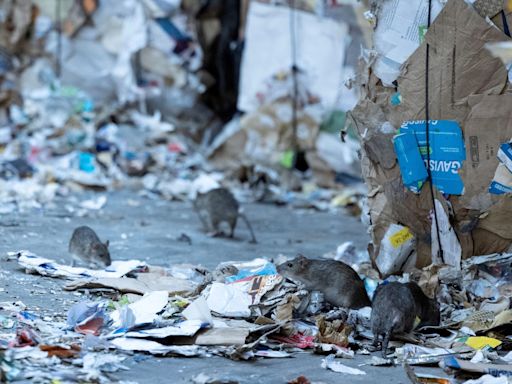Search results
Feb 7, 2018 · Key facts. Escherichia coli (E. coli) is a bacteria that is commonly found in the lower intestine of warm-blooded organisms. Most E.coli strains are harmless, but some can cause serious food poisoning. Shiga toxin-producing E. coli (STEC) is a bacterium that can cause severe foodborne disease.
Oct 1, 2022 · Escherichia coli (E. coli) bacteria normally live in the intestines of healthy people and animals. Most types of E. coli are harmless or cause relatively brief diarrhea. But a few strains, such as E. coli O157:H7, can cause severe stomach cramps, bloody diarrhea and vomiting.
Escherichia coli - Wikipedia. Escherichia coli ( / ˌɛʃəˈrɪkiə ˈkoʊlaɪ / ESH-ə-RIK-ee-ə KOH-lye) [1] [2] is a gram-negative, facultative anaerobic, rod-shaped, coliform bacterium of the genus Escherichia that is commonly found in the lower intestine of warm-blooded organisms.
Nov 22, 2023 · E. coli is a group of bacteria that can cause infections in your gut (GI tract), urinary tract and other parts of your body. Most of the time, it can live in your gut without hurting you. But some strains can make you sick with watery diarrhea, vomiting and a fever.
Feb 29, 2024 · E. coli bacteria - Learn if you can get E. coli from food items like undercooked meat and lettuce and how this bacteria can affect you.
Jul 13, 2023 · Escherichia coli (E. coli) is a gram-negative bacillus known to be a part of normal intestinal flora but can also be the cause of intestinal and extraintestinal illness in humans. There are hundreds of identified E. coli strains, resulting in a spectrum of disease from mild, self-limited gastroenteritis to renal failure and septic shock.
Dec 23, 2021 · E. coli is a type of bacterium normally found in intestines. But certain kinds of E. coli can cause infection and severe symptoms like diarrhea and dehydration.
May 14, 2024 · Overview. E. coli are germs called bacteria. They are found in many places, including in the environment, foods, water, and the intestines of people and animals. Most E. coli are harmless and are part of a healthy intestinal tract.
E. coli (or escherichia coli) is a type of bacteria that causes both minor and severe illness. Learn about the symptoms, causes and treatments of E. coli here.
Escherichia coli (E. coli) are a group of gram-negative bacteria that normally reside in the intestine of healthy people, but some strains can cause infection in the digestive tract, urinary tract, or many other parts of the body.





